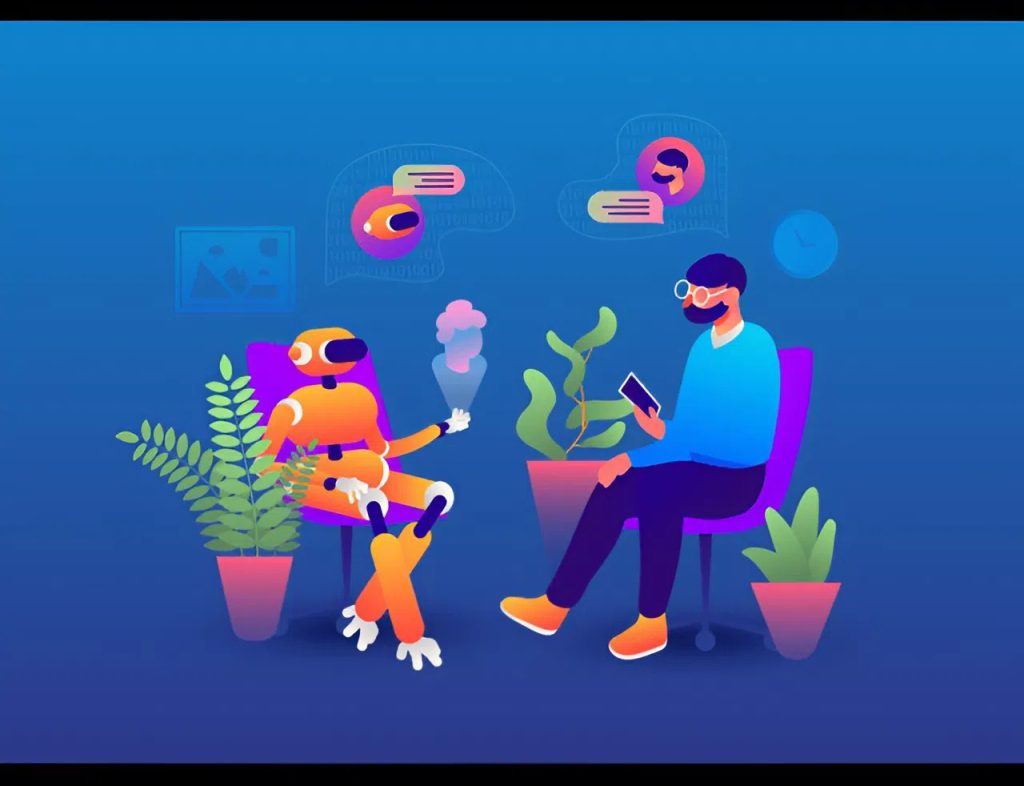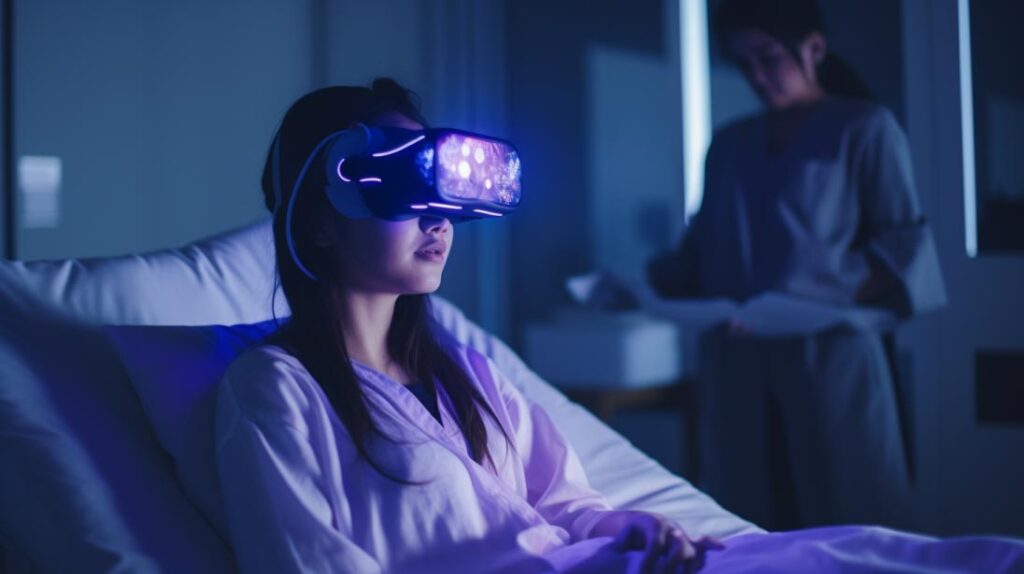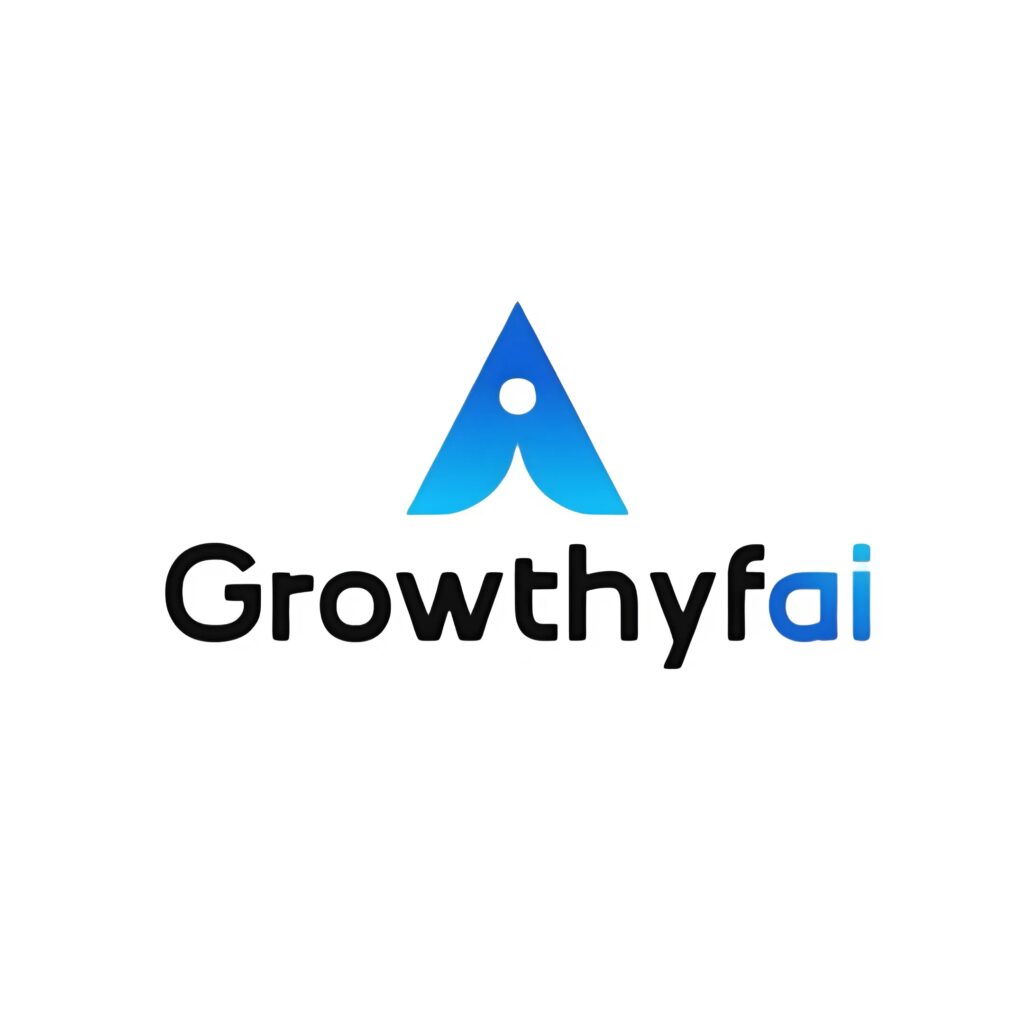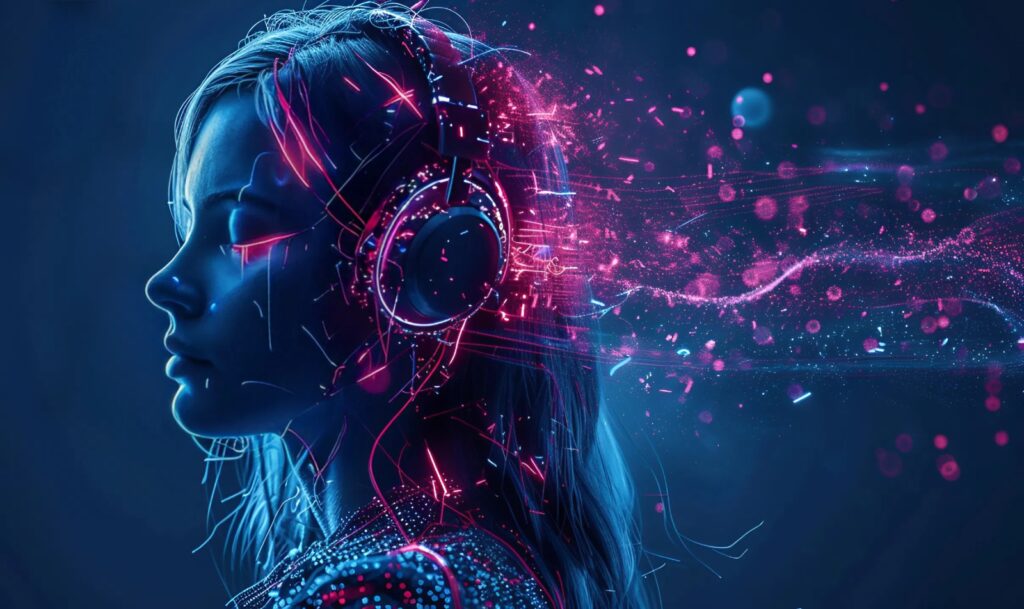AI-Powered Mental Health: Transforming Therapy and Emotional Well-being


Artificial intelligence (AI) is revolutionizing various sectors, and healthcare is no exception. Among its most promising applications is its use in mental health. Traditional therapy practices often face barriers such as cost, accessibility, and stigma, but AI-powered solutions are making great strides in addressing these challenges. In this post, we’ll explore how AI is transforming therapy and the emotional well-being landscape, providing examples of current technologies and their benefits.
Understanding AI’s Role in Mental Health
The role of AI in mental health care is burgeoning, offering innovative solutions that go beyond the capabilities of human practitioners. AI technologies can assist in diagnosing mental health conditions, predicting crises, and delivering therapeutic interventions. These tools leverage machine learning algorithms, natural language processing, and chatbots to provide scalable and personalized mental health support.
While AI cannot replace human empathy and connection, it can complement traditional therapy by providing accessible, timely, and round-the-clock support. Through data analysis, AI systems can detect patterns and trends that might be elusive to human therapists, leading to improved accuracy in diagnosis and treatment plans.
AI-Powered Tools and Technologies
Several AI-powered tools are already making a significant impact on mental health care. Here are a few noteworthy examples:
1. AI Chatbots for Mental Health Support:
AI chatbots like Woebot and Wysa are designed to interact with users through text or voice, offering support for anxiety, depression, and stress. These chatbots use evidence-based therapeutic techniques, such as Cognitive Behavioral Therapy (CBT), to guide users through exercises aimed at improving their mental health. Available 24/7, these chatbots provide an immediate and non-judgmental space for individuals to express their feelings.
2. Emotion Recognition Software:
Advanced AI software is capable of recognizing human emotions through voice and facial expressions. This technology can be integrated into virtual therapy sessions to provide therapists with real-time feedback on a patient’s emotional state, enhancing the quality and personalization of the therapy.
3. Predictive Analytics for Mental Health:
Predictive analytics, powered by AI, can identify patients at risk of mental health crises by analyzing various data points, including social media behavior, wearable data, and electronic health records. Companies like Quartet Health and Ginger are using such technology to predict potential issues and intervene early, providing proactive and preventative care.
4. Virtual Reality Therapy:
AI-enriched virtual reality (VR) therapy immerses users in controlled environments to treat conditions such as PTSD, phobias, and anxiety disorders. VR simulations use AI to adapt scenarios in real-time, creating highly effective and personalized therapeutic experiences. Such programs can be particularly impactful for patients who might be hesitant to engage in traditional therapy settings.

The Benefits of AI in Mental Health
The application of AI in mental health care offers numerous benefits that are crucial in addressing current gaps within the system:
✅ Improved Accessibility: AI-driven solutions provide mental health support to individuals who may not have access to traditional therapy due to geographical, financial, or social barriers. With internet access, nearly anyone can benefit from AI-powered mental health tools.
✅ Cost-Effectiveness: AI tools provide cost-effective solutions for both patients and healthcare providers. By automating routine aspects of mental health care, resources can be allocated more efficiently, freeing up practitioners to focus on cases requiring human intervention.
✅ Anonymity and Reduced Stigma: For many, the fear of being judged or stigmatized prevents them from seeking mental health care. AI offers a level of anonymity that encourages individuals to seek help without fear of social repercussions.
✅ Scalability and Continuous Support: AI-powered systems can handle large volumes of users simultaneously, providing uninterrupted support. This scalability ensures that help is always at hand, regardless of peak times or staffing shortages.
Challenges and Ethical Considerations
Despite its transformative potential, the application of AI in mental health raises important ethical and practical challenges. Privacy concerns are paramount, as sensitive data must be protected to ensure patient confidentiality. Additionally, the reliance on AI may inadvertently reduce human oversight, potentially leading to incorrect diagnoses or inappropriate advice.
It is essential to maintain a balance where AI enhances rather than replaces human interaction. Ongoing research, robust validation, and the implementation of strict ethical guidelines are crucial to ensuring that AI applications in mental health care are safe, effective, and ethical.
Conclusion
AI-powered mental health tools are not just a glimpse into the future; they are reshaping the present landscape of mental health care. By improving access, reducing costs, and providing personalized support, AI holds the promise of transforming mental health therapy and emotional well-being on a global scale. However, as we continue to innovate, it is imperative to prioritize ethical considerations and human-centered care. With the thoughtful integration of AI, we can work towards a future where mental health support is accessible to all, ultimately leading to healthier societies worldwide.
As we witness these technological advancements, we must remain informed and engaged in the conversation surrounding the ethical use of AI in healthcare to ensure it remains a tool for positive change.








